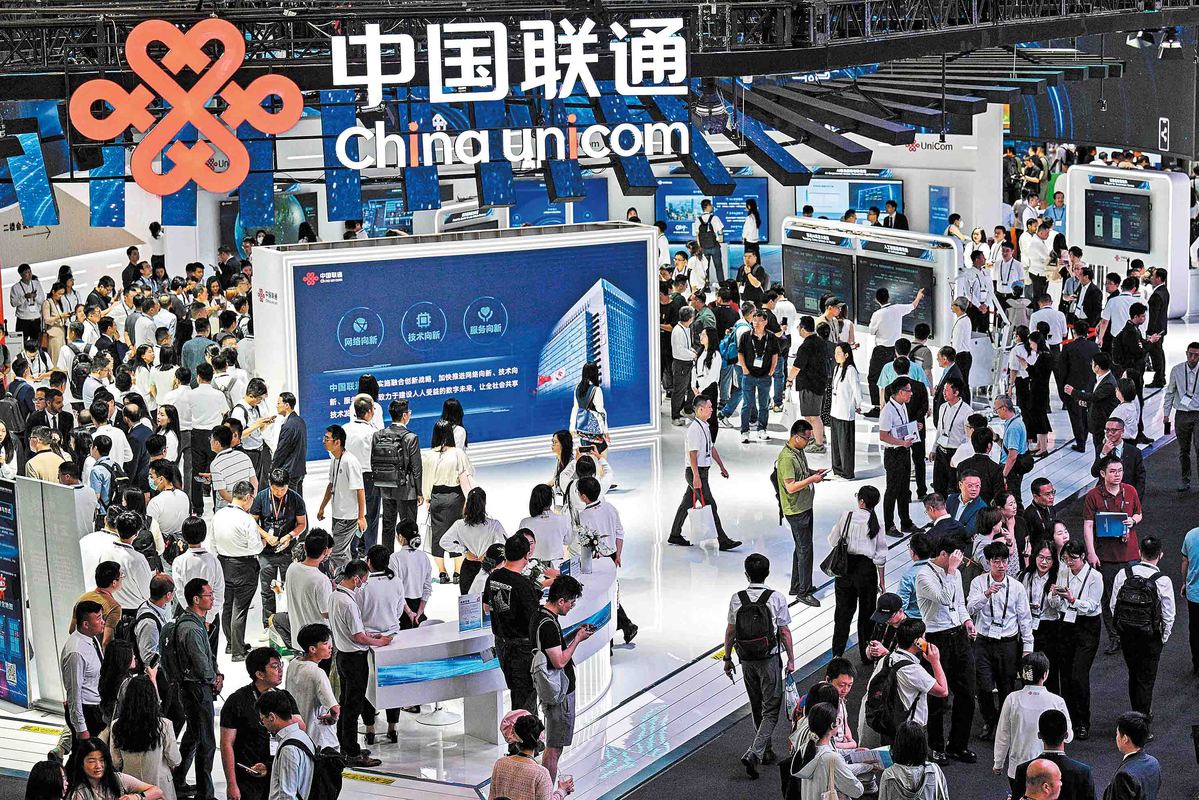China Unicom keen to lead global AI journey


Open-source approach
At the core of China Unicom's industry-centric LLM strategy is an open approach toward AI — the belief that no single company can drive innovation alone, and that the benefits of AI should be shared widely, Xue and Guo both highlighted.
To empower this vision, China Unicom has launched the Yuanjing Model-as-a-Service (MaaS) platform, offering a model library, toolbox, and application store that enable companies across many sectors to design their own AI models on the platform, Guo said.
According to China Unicom, the model library includes more than 150 free-to-use AI models, ranging from general-purpose LLMs to lightweight, industry-focused ones. The toolbox provides over 100 ready-to-use tools that help users select and fine-tune models with low-code or even zero-code customization. The application store serves as a marketplace of native applications, including programming assistants, product design assistants, and more.
"Through the platform, China Unicom has opened up its computational resources for training, multi-parameter general models, MaaS services, and access to more than 1,000 industry experts across 18 specialized teams," Guo said. "This means that a developer — for example, even a food blogger without advanced programming skills — can design their own AI agent through our modular, low-code interfaces."
More and more Chinese companies are doubling down on open-source models, whose source code and model weights are available for anyone to use, modify, and distribute, as part of a broader push to bring AI technology to more businesses and developers worldwide, while expanding its application across diverse industries.
The tide has even sent shock waves through Silicon Valley and Wall Street, the South China Morning Post reported.
"The growing open-source trend reflects China's focus on the long-term development of AI," Guo said.
"Free-for-all models provide a shared base at the foundation; on top, companies can direct resources towards personalized model design and real-world applications, since they no longer need to train models from scratch, a process far beyond the reach of most small and medium-sized businesses.
"China Unicom has also benefited from this open-source wave and hopes to give back to the community," he said.




































